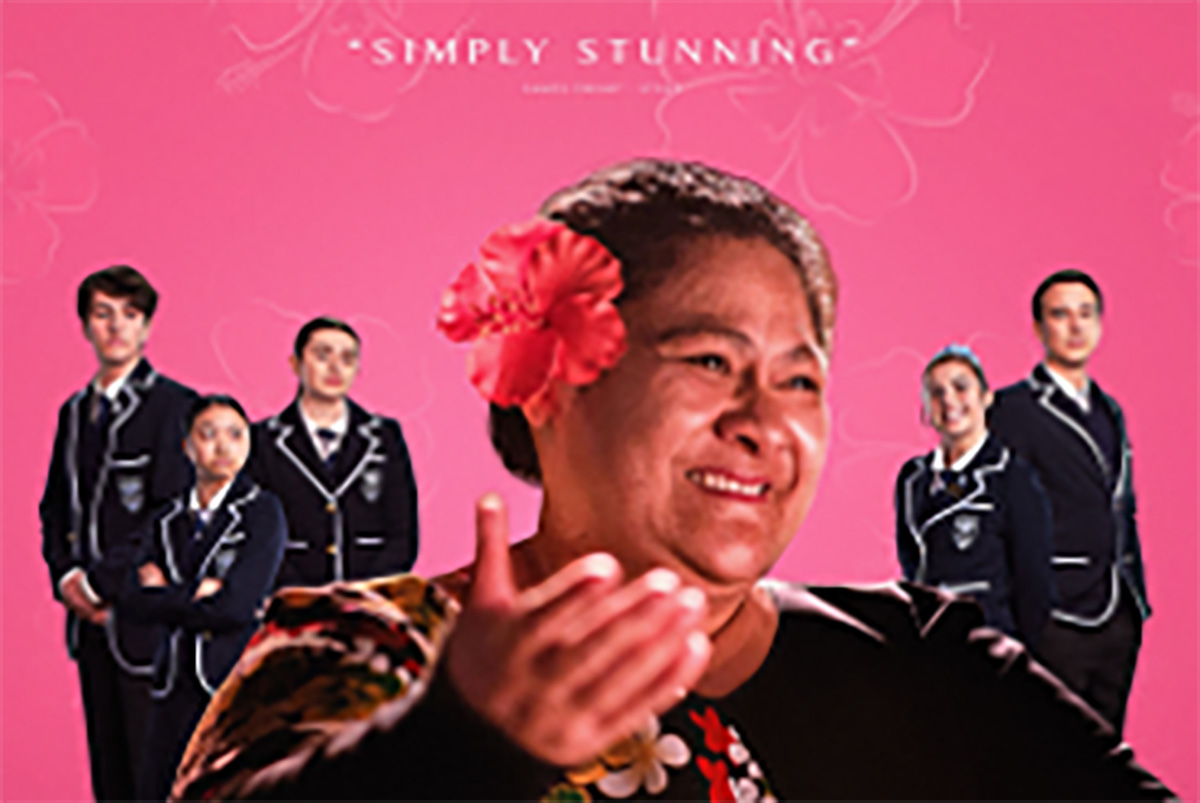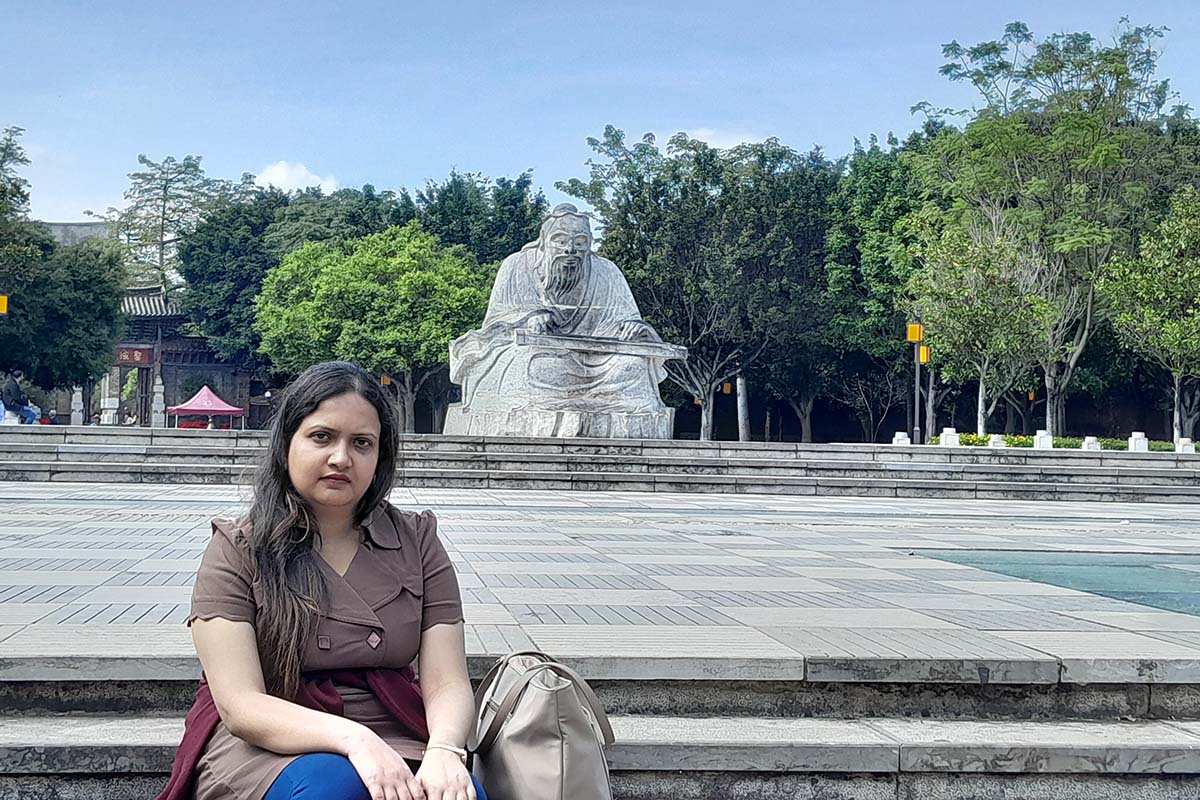TINA: An Ode to Our One Common Family (Film Review)
April 27by Jasmine Koria
Miki Magasiva’s 2025 dramady TINA impacted me in a way not only befitting of its simple, bold, Samoan title, but also in a manner that no other Samoan film had managed to do yet: It forced me to just be still.
The film takes its title from the Gagana Samoa word which means ‘mother,’ and which you will often hear being used as a title of respect and endearment when younger people address older women. You do not have to be related to someone to call them ‘tina.’

The film’s plot is initially obvious in its use of a linear, tried structure. Its characters do not stray too far from the tropes we know and love: the hero with a dark past, the ‘chosen prodigy’ who reluctantly embraces their destiny, the scheming ‘powers that be.’ Here, said powers come in the form of a stereotypically arrogant school administrative board which, heaven and our hero’s government assistance cheques forbid, wants only the best teachers for its very high-caliber (and high-fee-paying) students. All of this, however, is the reason the film is impactful.
TINA’s protagonist, Mareta Percival (Anapela Polataivao) is a middle-aged Samoan woman who (very uncharacteristically for Polynesian people) lives all alone in a cold city. She loses her only daughter in the 2011 Christchurch Earthquake (a real event which many people outside the Pacific only know of based on the statistics that were reported afterwards). She was, until 2011, a schoolteacher- a very devoted one, at that.
Relationship-building and the socialization of communal values are at the core of the film’s plot- just as they are central to Samoan and Pasifika culture(s). Mrs. Purcival enters the St. Francis of Assisi college as a ‘first’ and ‘only’ in many categories. She is their first Samoan teacher. She is the only staff member who wears her indigenous formal dress (a puletasi) despite the administration’s request for her to try to “fit in.” In fact, our title character attends her first school assembly in a puletasi, whilst her colleagues don the traditional academic regalia. As a Pacific academic, I was challenged by this: by the notion that I could be enough (and good enough!) without the mark of Western imposition that academic dress continues to be. The choir that Mrs. Purcival goes on to establish has not one single Pasifika student (because the student body does not, either). The harmonies she teaches them, however, transcend everything from their cultural and socioeconomic dissimilarities to the bitter colonial history between New Zealand and Samoa.
TINA is a brave film. I was deeply moved by the cultural and aesthetic sensitivity with which it gently and organically addressed the still-taboo topics of mental health and suicidal ideation. Mareta Percival’s nephew Sio (Beulah Koale), is a respected community member, a father, and a social worker. In a Pacific context, these are often still considered markers of ‘being okay’ and not needing ‘help.’ Sio, however, is running from the memory of a dysfunctional family, and his attempted suicide (which he lives to regret) is an important reminder that absolutely anyone could be struggling.
The film’s diversity of both cast and subject matter brought me to think about New Zealand and Samoa. We are vastly different countries with much in common. I thought of the whole Commonwealth too, and of all mothers. TINA is a story of all of us. A story for all of us. However you feel about Magasiva’s film, I think many of us can agree that he has set out to remind everyone that our ability to love is crucial to our continued coexistence as human beings.






